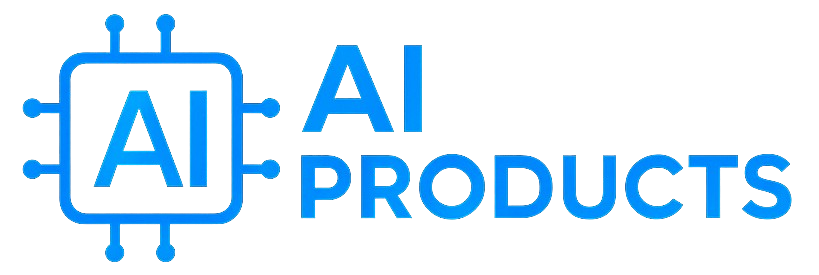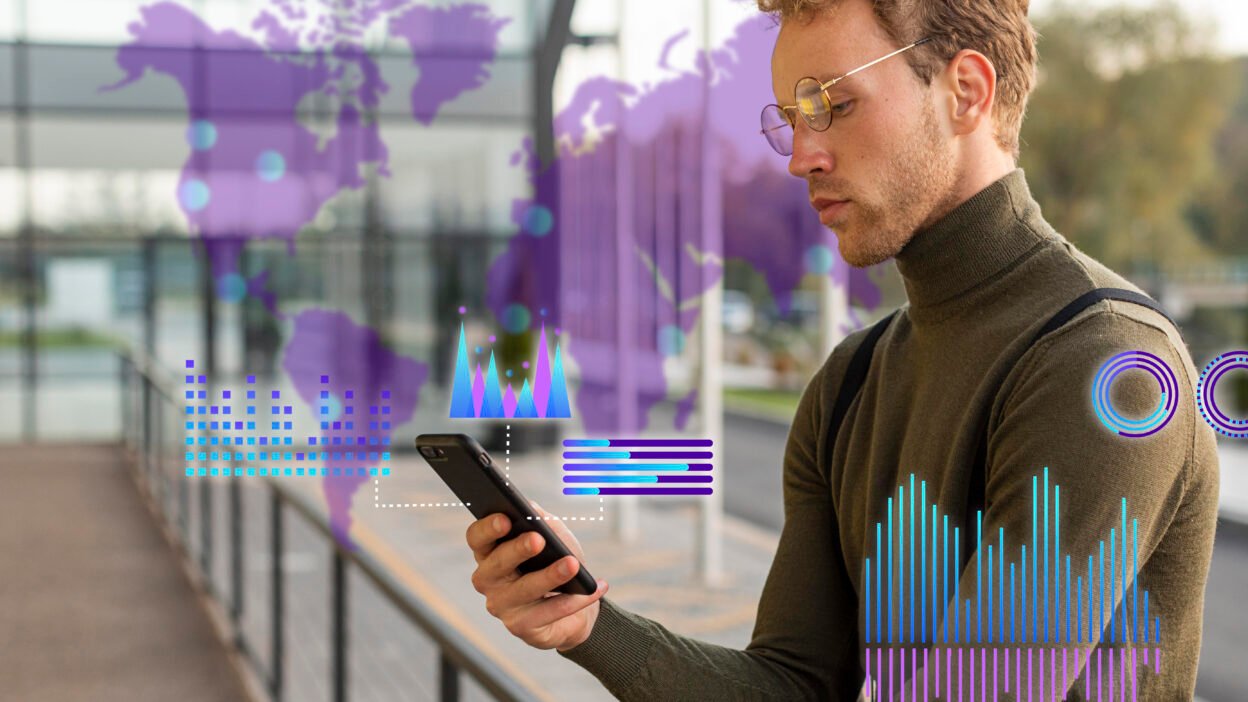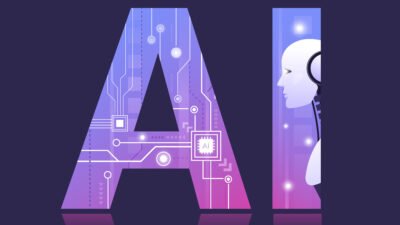Table of Content
Introduction
Artificial Intelligence (AI) is no longer a futuristic concept—it is a present-day reality profoundly impacting the global economy. By 2025, AI technologies have expanded beyond niche applications to become essential drivers of innovation, economic restructuring, and global market expansion.
The Rise of AI-Driven Industries in the Global Economy
Industries such as healthcare, finance, agriculture, and manufacturing are undergoing AI-driven revolutions. Intelligent automation, predictive analytics, and machine learning models enhance operational efficiency, minimize costs, and create new market opportunities, reshaping the entire global economy.
Boosting Global Productivity Through AI
AI technologies have unlocked a new era of productivity. Smart algorithms optimize logistics and supply chains, predictive analytics prevent operational bottlenecks, and decision-making tools powered by AI deliver quicker, data-backed insights, dramatically boosting the global economy‘s output.
Workforce Evolution in a Global Economy Powered by AI
Automation has indeed displaced some jobs; however, the rise of AI has also created numerous new roles in fields like AI ethics, machine learning engineering, and algorithm auditing. Continuous reskilling has become a vital strategy for staying relevant in the evolving global trade landscape.
The AI Investment Boom and Its Impact on the Global Economy
Investment in AI research and implementation surged dramatically by 2025. Governments, venture capitalists, and corporations view AI as a critical tool for sustaining competitive advantages and driving sustainable growth across the global economy.
Building Smart Cities: Strengthening the Global Economy
Urban development has entered a new era with AI-powered smart cities. These cities optimize traffic flow, energy consumption, and public services, contributing to greater economic efficiency and enhancing the robustness of the global economy.
AI Innovations in Financial Markets and the Global Economy
AI is transforming financial markets by enabling algorithmic trading, automating risk management, and enhancing customer experiences through personalization. Financial institutions leveraging AI are pivotal players in reinforcing the strength and stability of the global economy.
Revolutionizing Healthcare for the Global Economy
AI’s role in healthcare is revolutionary. Diagnostic AI systems outperform traditional methods, while personalized medicine and AI-assisted surgeries improve patient outcomes. This advancement directly supports a healthier, more resilient global economy.
AI-Driven Agricultural Innovations in the Global Economy
In agriculture, AI optimizes planting schedules, predicts pest outbreaks, and supports sustainable farming practices. These innovations are crucial for global food security, which directly sustains and supports the global economy.
Ethical and Regulatory Frameworks for a Sustainable Global Economy
As AI permeates every sector, ethical standards and regulations have become paramount. Governments worldwide have introduced policies to ensure AI systems operate transparently and fairly, fostering a trustworthy global trade landscape.
Geopolitical Shifts Driven by AI in the Global Economy
Nations leading in AI development hold significant strategic advantages. The race for AI supremacy has redefined power structures, affecting diplomatic relations, trade agreements, and alliances, thereby influencing the global trade landscape’s future balance.
AI and the Future of Education in the Global Economy
Education systems have adapted rapidly to AI-driven innovations. Intelligent tutoring systems and personalized learning platforms are preparing future generations with the skills needed to thrive in an AI-dominated global economy.
Environmental Sustainability and the Global Economy
AI contributes to environmental sustainability by optimizing renewable energy systems, predicting climate patterns, and enabling smarter resource management. These efforts are crucial for maintaining a healthy international economy amidst climate challenges.
Challenges and Risks for the Global Economy in the Age of AI
Despite its vast benefits, AI poses risks such as job displacement, data privacy violations, and algorithmic biases. Managing these risks responsibly is essential for maintaining an equitable and prosperous international economy.
The Future Outlook: AI and the Global Economy Beyond 2025
The future trajectory of AI suggests even deeper integration across sectors. Collaboration between humans and AI systems will become the foundation of the evolving international economy, driving innovation and sustainable growth.
Conclusion
In 2025, AI is not just a tool—it is a primary catalyst for economic transformation. Those who embrace innovation, prioritize ethical practices, and commit to lifelong learning will lead the way in the dynamic, AI-powered international economy.
FAQs
1. How is AI impacting the global markets in 2025?
AI is driving innovation, boosting productivity, creating new job roles, and reshaping industries across the global economy.
2. What sectors are most affected by AI in the global economy?
Healthcare, finance, agriculture, education, and urban development are experiencing the most profound AI-driven changes.
3. What are the risks of AI to the global markets?
Risks include job displacement, cybersecurity threats, data privacy concerns, and algorithmic bias.
4. How are governments regulating AI for economic impact?
Governments are introducing ethical and transparent AI regulations to ensure fair practices and sustain economic stability.
5. What is the future outlook for AI in the global markets?
AI will continue to integrate deeply into all sectors, leading to a more interconnected, efficient, and innovative global economy.





[…] AI can also facilitate rapid prototyping and testing, enabling businesses to refine their ideas before launching them to the market. By tapping into AI’s capabilities, small businesses can drive innovation and keep pace with evolving customer expectations. […]